1. Radiohead: Creep

Radiohead’s defining track became a massive hit, but frontman Thom Yorke reportedly grew to intensely dislike its fame and what he saw as its simplistic nature. The song’s success, which came before the band explored more experimental sounds, led to what they called “years and years of having to justify” their existence based on one song. For a time, they even refused to play the tune live, once yelling “Go away, we’re tired of it!” to a demanding crowd, demonstrating their profound creative frustration with its overwhelming popularity.
2. Led Zeppelin: Stairway to Heaven
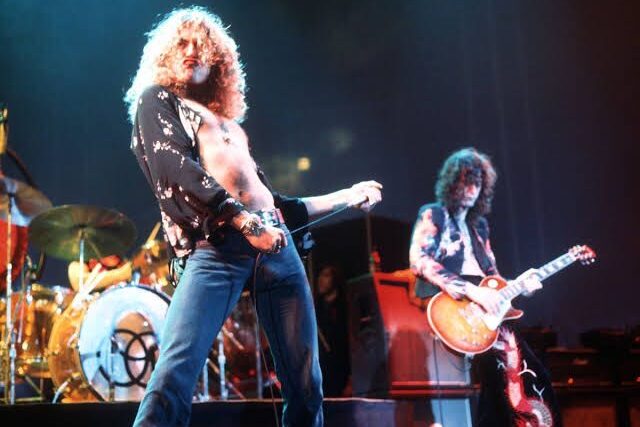
Often considered the definitive rock anthem, “Stairway to Heaven” is a song that singer Robert Plant has openly expressed his fatigue with. He famously resisted playing it on tours years after its release, stating that he would “break out in hives” if he had to sing it every night. While he acknowledged its importance in 1971, Plant later felt the abstract lyrics no longer resonated with him personally, finding it difficult to relate to the message decades later, despite the undeniable beauty of the musical composition.
3. Nirvana: Smells Like Teen Spirit

The song that became the inadvertent anthem for the grunge movement and an entire generation was a source of great discomfort for frontman Kurt Cobain. He reportedly grew to despise its commercial success and the way people focused on it, viewing its ubiquity as an “embarrassment.” Cobain often felt that the immense attention given to this one single overshadowed the rest of Nirvana’s catalog and obscured the band’s true message, sometimes even choosing to play it poorly or not at all in later live performances.
4. Lorde: Royals

Lorde’s debut single was a global phenomenon, winning multiple awards and launching her career, yet the New Zealand artist quickly became critical of its sound. She famously commented that the minimalist track sounded like a “2006 Nokia ringtone.” Her discomfort wasn’t with the lyrics, but with the specific production style, which she found outdated as her tastes evolved. This critique highlights the common sentiment among artists who feel that their earliest work no longer reflects their current, more sophisticated artistic identity.
5. Beastie Boys: (You Gotta) Fight for Your Right (To Party!)
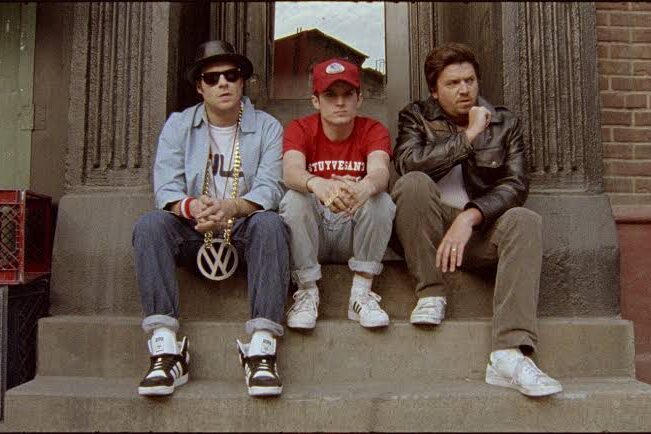
This track is an enduring party classic, but the Beastie Boys intended it as a clear parody of the frat-boy culture they saw in the suburbs. To their dismay, many listeners took the song seriously, embracing it as a genuine, non-ironic call to rowdy, mindless celebration. Adam “MCA” Yauch later expressed deep regret that their satirical message was completely misunderstood by the masses, feeling that it misrepresented the group’s intelligence and true artistic direction.
6. Madonna: Like a Virgin
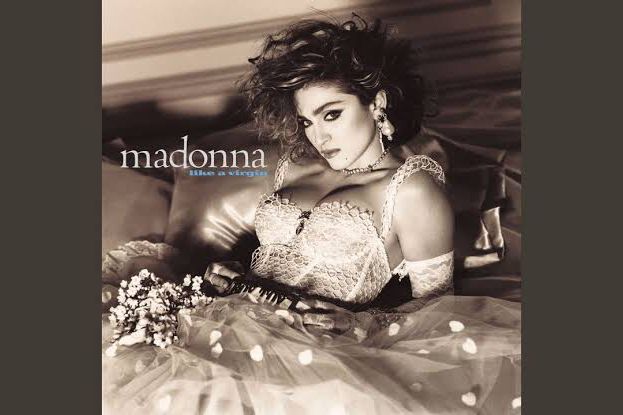
Despite being one of her most recognized and career-defining hits, Madonna has repeatedly stated her dislike for “Like a Virgin,” along with a few of her other early, bubblegum pop tracks like “Material Girl.” As she evolved into a more complex, boundary-pushing artist, she found these 1980s songs to be simplistic and even humiliating. She stated in a 2008 interview that she was “not sure” she could sing the tune ever again, illustrating her desire to distance herself from that early pop persona.
7. James Blunt: You’re Beautiful
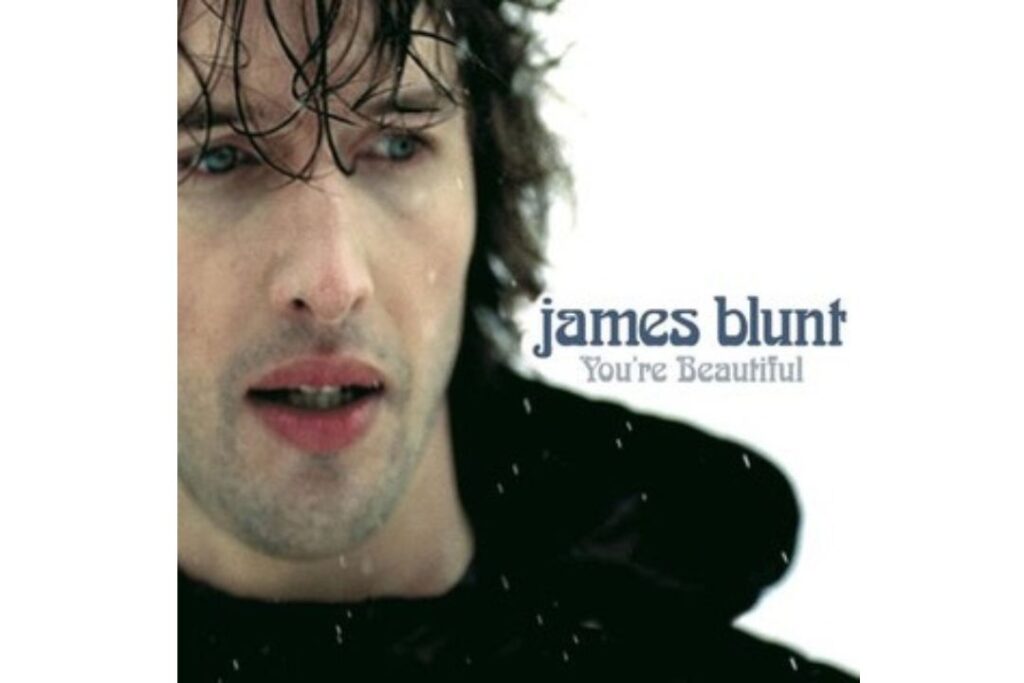
The soulful ballad became an inescapable hit in 2005, yet singer-songwriter James Blunt grew tired of its massive overexposure, which he felt was “force-fed down people’s throats.” He admitted that the song’s ubiquity had become annoying, and he felt it branded him as a one-hit-wonder focused only on sentimental tunes. While he remains grateful for the song’s success in launching his career, the sheer cultural saturation made him yearn for a different legacy.
8. Queen: Don’t Stop Me Now

This exuberant, high-energy anthem is beloved by fans worldwide, but Queen guitarist Brian May initially felt uneasy about the track’s flippant, carefree tone. He wrote in his personal columns that the song was composed during a period of real difficulty and personal trouble for singer Freddie Mercury, leading May to feel that the song’s incredibly upbeat nature was an inappropriate response to serious underlying issues, creating tension within the band at the time of its release.
9. Miley Cyrus: Party In The U.S.A.

Miley Cyrus has expressed that her 2009 smash hit, which cemented her transition from Disney star to pop icon, was largely a commercial decision. She revealed that she was never a big fan of the song itself, admitting she chose it primarily because she “needed something to go with her clothing line.” For Cyrus, who later embraced more artistic freedom, the song represented a moment of compromise driven by her brand’s commercial needs rather than her personal creative vision.
10. Cher: Believe
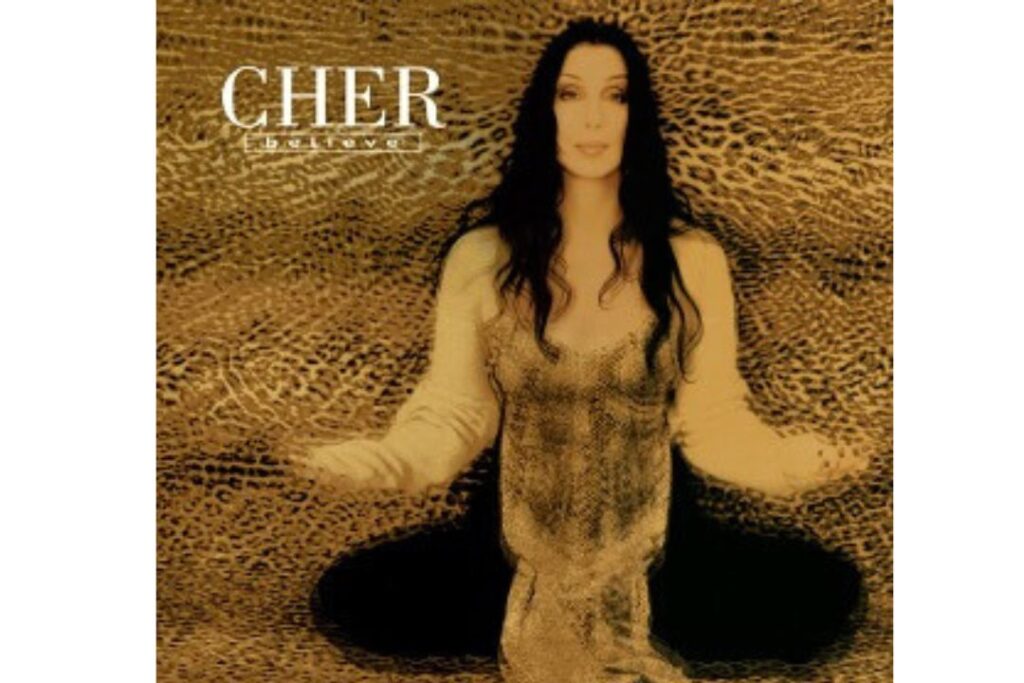
One of the best-selling singles of all time and a groundbreaking song for its pioneering use of auto-tune as a deliberate effect, “Believe” is a track that Cher felt pressure to record. The initial demo reportedly sounded “terrible,” and she expressed doubts about the entire recording session. Despite her hesitation, and the song’s unprecedented success, she has noted that the song felt overly commercialized, and she grew tired of being constantly associated with the unique digital vocal effect.
11. Taylor Swift: Picture to Burn
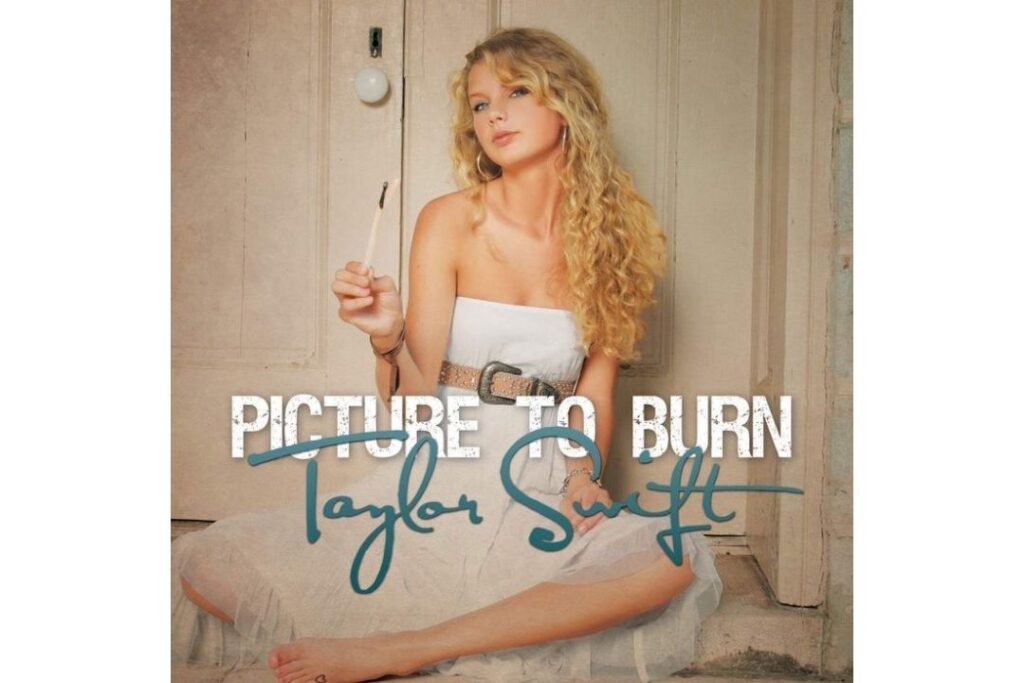
From her self-titled debut album, “Picture to Burn” is an early country-rock track that featured a notably aggressive, vindictive tone towards an ex-boyfriend. As Taylor Swift’s career evolved and her public image matured, she revised the lyrics for a subsequent release. Specifically, she removed the line, “I hate that stupid old pickup truck you never let me drive,” which she felt was too youthful and no longer aligned with her more thoughtful songwriting style, making the original version a minor regret.
12. Lady Gaga: Telephone
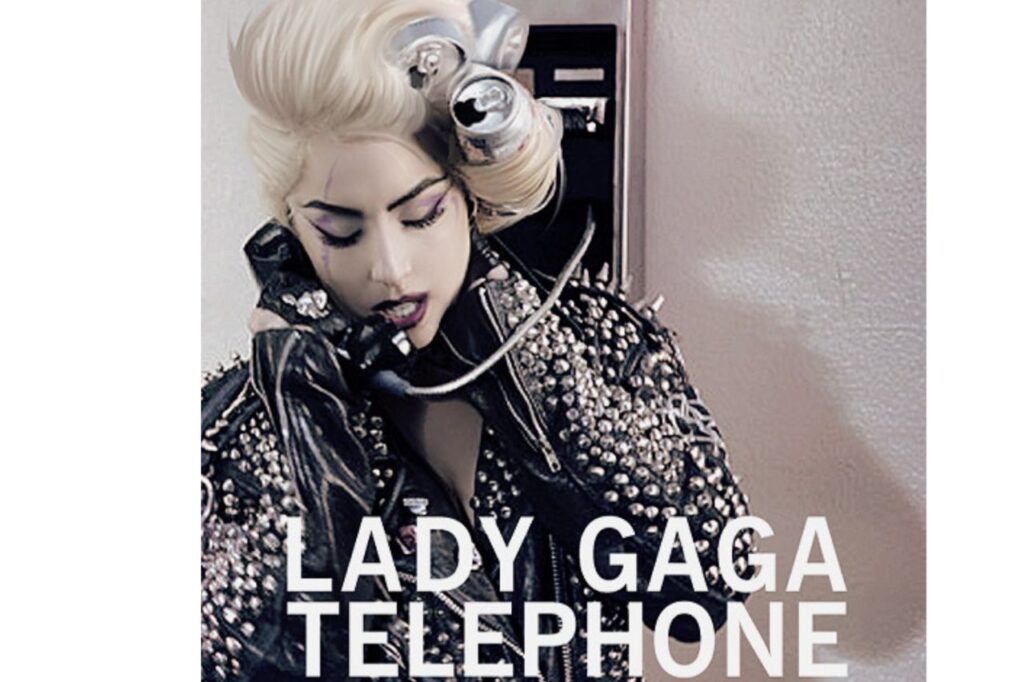
Lady Gaga, known for her dedication to her artistic output, stated in an interview that she genuinely “hates” the 2010 collaboration with Beyoncé, calling it the song she has the “most difficult time listening to.” Gaga felt the process of making the song was rushed and not fully realized, admitting that she was experiencing a severe case of “writer’s block” during the creation of her album The Fame Monster. This left her feeling that the track, while a hit, didn’t meet her high standards for artistic completion.
13. Neil Young: Heart of Gold
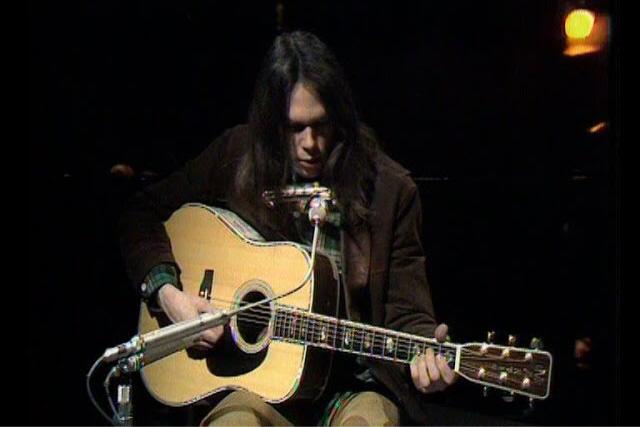
Neil Young’s sole number-one hit was a simple, introspective folk song, but its massive popularity became a problem for the artist. Young said the song became “too big, too fast” and that he grew “bored” with it. He often distanced himself from it in later years, feeling that its overwhelming success threatened to pigeonhole him as a purely acoustic folk singer. He deliberately shifted his musical style for a period to avoid becoming predictable or overly defined by this single tune.
14. Ariana Grande: Put Your Hearts Up
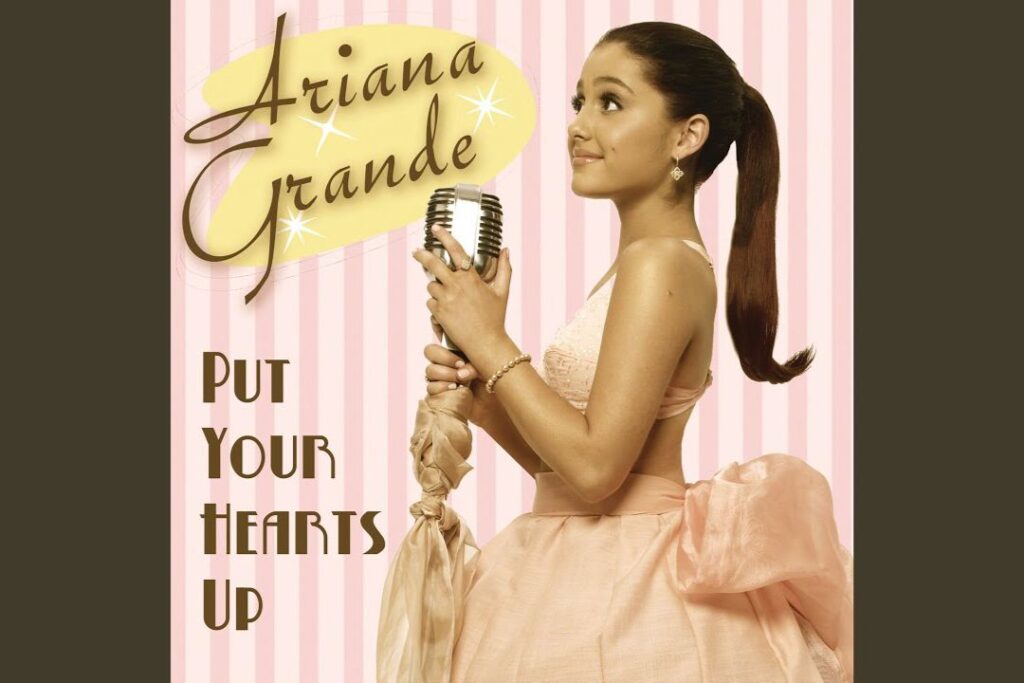
Released in 2011, this bubblegum pop single came early in Ariana Grande’s career, before she found her distinct R&B-infused pop sound. Grande has been notably blunt about her feelings for the song, reportedly calling the track “straight out of hell” and feeling it did not represent her true self or artistic voice. She expressed immense embarrassment over the song’s overly sweet, innocent style, actively discouraging fans from listening to it and wishing she could permanently remove it from her catalog.
15. The Pretenders: Brass in Pocket
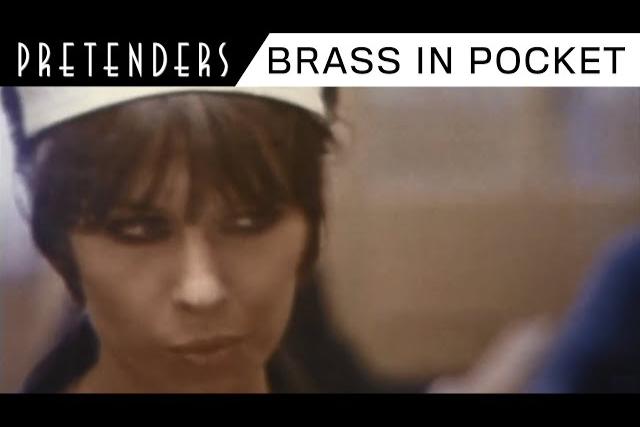
This 1979 single, which became a signature hit for The Pretenders, was initially met with intense resistance from lead singer Chrissie Hynde. She famously said the track would be released “over my dead body,” expressing her extreme dislike for the song’s arrangement. Although she eventually came around to its success, she found the original track difficult to listen to, stating it reminded her of a time when she lacked confidence in her vocal abilities.
16. Megadeth: Crush ‘Em
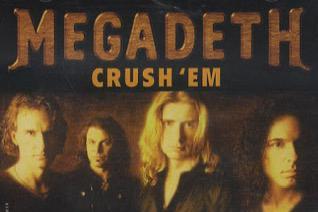
Released for the 1999 Universal Soldier: The Return soundtrack, this song was a significant departure from Megadeth’s thrash metal roots, adopting a more commercial, danceable, sports-anthem feel. Frontman Dave Mustaine felt the track was an embarrassing stylistic sell-out, envisioning it as what “KISS in spandex” might create. The song was a contentious point for the band, and Mustaine has since expressed extreme disappointment that a track so unrepresentative of their genre found mainstream success.
17. AC/DC: Love Song

Taken from their 1975 debut album, High Voltage, this is perhaps the least “AC/DC-like” song the band has ever released, a soft, bluesy ballad focused on a romantic theme. It was reportedly a genuine one-off attempt to show musical range, but the track’s divergence from their signature hard rock and heavy blues sound was quickly regretted. The band has since all but ignored its existence, rarely mentioning it and certainly never performing the unique track live, cementing it as an artifact from an uncharacteristic era.
18. Frank Sinatra: Strangers in the Night
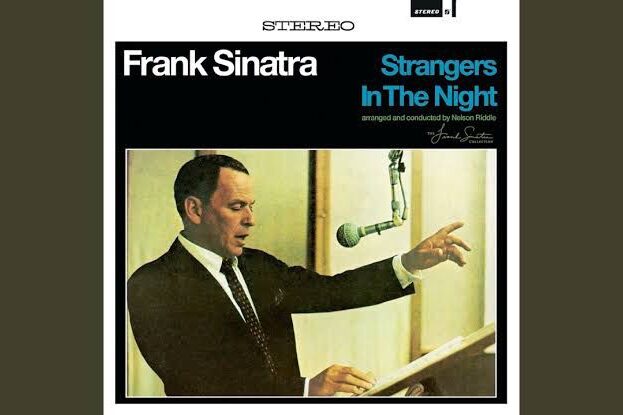
Despite being one of his most popular and signature songs, and a chart-topper in 1966, Frank Sinatra made his deep-seated annoyance with the track well-known. He frequently referred to it with disdain, calling it “a piece of junk” and “the worst damn song I’ve ever heard.” While he continued to perform the song due to its popularity, he would often use profanity to mock its composition or the nonsensical doo-be-doo scat line at the end, making his contempt clear to audiences.
It is a curious paradox that the very songs which launch an artist into the public consciousness are often the ones they outgrow or resent the most. Whether it is overexposure, a feeling of creative compromise, or a simple shift in personal taste, these candid admissions offer a unique glimpse into the complex relationship between a creator and their most famous work.
We encourage you to listen to these tracks again with fresh ears, and maybe a little sympathy for the artists! Add your thoughts on these songs in the comments, thank you.


